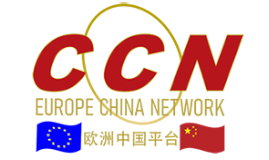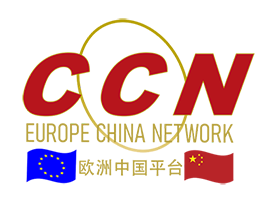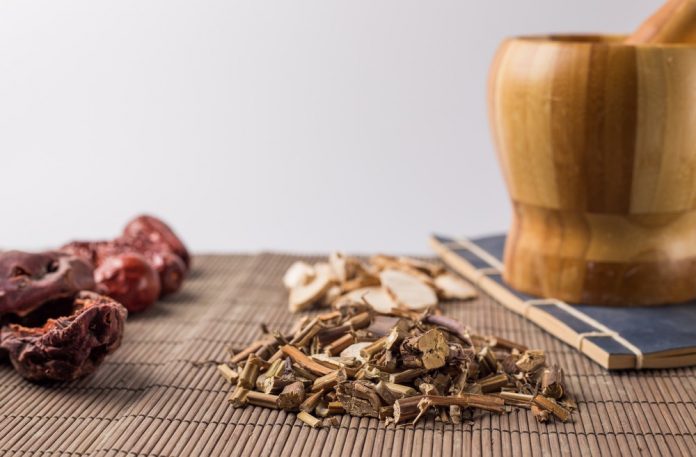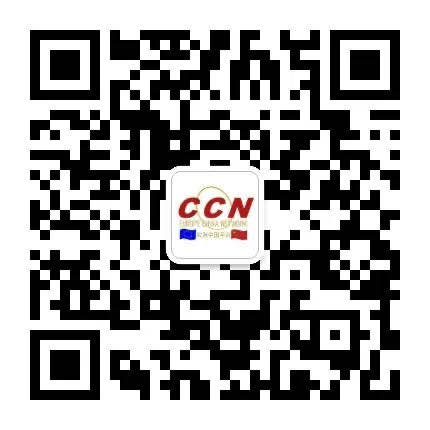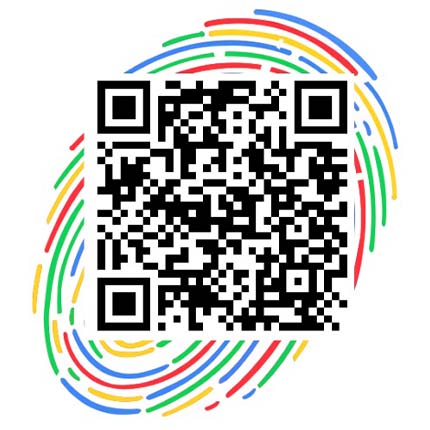What Is Traditional Chinese Medicine?
Traditional Chinese medicine (TCM) has evolved over thousands of years. TCM practitioners use various mind and body practices (such as acupuncture and tai chi) as well as herbal products to address health problems.
What the Science Says About the Effectiveness of Traditional Chinese Medicine
Acupuncture
Acupuncture is a technique in which practitioners stimulate specific points on the body, usually by inserting thin needles through the skin. Studies suggest that acupuncture stimulates the release of the body’s natural painkillers and affects areas in the brain involved in processing pain; however, some trials suggest that real acupuncture and sham acupuncture are equally effective, indicating a placebo effect. Results from a number of studies, however, suggest real acupuncture may help ease types of pain that are often chronic, such as low-back pain, neck pain, osteoarthritis/knee pain, and carpal tunnel syndrome. It also may help reduce the frequency of tension headaches and prevent migraine headaches. For more information, see NCCIH’s acupuncture fact sheet.
Tai Chi
Tai chi combines certain postures, gentle movements, mental focus, breathing, and relaxation. Research findings suggest that practicing tai chi may improve balance and stability in older people and those with Parkinson’s disease, reduce pain from knee osteoarthritis, help people cope with fibromyalgia and back pain, and promote quality of life and improve mood in people with heart failure. For more information, see NCCIH’s tai chi fact sheet.
Chinese Herbal Products
Chinese herbal products have been studied for many medical problems, including stroke, heart disease, mental disorders, and respiratory diseases (such as bronchitis and the common cold), and a national survey showed that about one in five Americans use them. Because many studies have been of poor quality, no firm conclusions can be made about their effectiveness. For more information about specific herbs, see NCCIH’s Herbs at a Glance Web page. You can find additional information on botanical (plant) dietary supplements on the Office of Dietary Supplements Web site.
What the Science Says About the Safety of Traditional Chinese Medicine
Reports and studies of herbal products used in TCM have found a variety of safety issues.
- Some Chinese herbal products have been found to be contaminated with undeclared plant or animal material; drugs (such as the blood-thinner warfarin and the nonsteroidal anti-inflammatory agent diclofenac); heavy metals (such as arsenic, lead, and cadmium); pesticides or compounds called sulfites, which could cause asthma or severe allergic reactions; or incorrect herbs, some of which have caused organ damage.
- Relatively few complications from using acupuncture have been reported. Still, complications have resulted from the use of nonsterile needles and improper delivery of treatments. When not delivered properly, acupuncture can cause serious adverse effects, including infections, punctured organs, collapsed lungs, and injury to the central nervous system.
- Tai chi and a similar technique called qi gong appear to be safe practices. While it’s unlikely that tai chi will result in serious injury, it may be associated with minor aches and pains. Women who are pregnant should talk with their health care providers before beginning tai chi, qi gong, or any other exercise program.
NCCIH-Funded Research
NCCIH is supporting studies to determine if:
- TCM can treat fibromyalgia
- Acupuncture can ease joint pain caused by medical treatments for breast cancer
- A tai chi program can be a feasible alternative to traditional cardiac rehabilitation programs in selected people.
More to Consider
- If you’re considering TCM, be sure to discuss this with your health care providers. Don’t use TCM to replace or delay seeking conventional care.
- If you have a health condition, talk with your health care provider before using TCM herbal products.
- Ask about the training and experience of the TCM practitioner you are considering. Most states and the District of Columbia have laws regulating acupuncture practice, and most states require certification from the National Certification Commission for Acupuncture and Oriental Medicine. For more information, see NCCIH’s Web page on credentials and licensing of complementary health practitioners.
- If you are pregnant or nursing, or are thinking of using TCM to treat a child, be especially sure to consult your (or the child’s) health care provider.
- Tell all your health care providers about any complementary or integrative health approaches you use. Give them a full picture of what you do to manage your health. This will help ensure coordinated and safe care.
https://www.nccih.nih.gov/health/traditional-chinese-medicine-what-you-need-to-know
Huqingyu Chinese Pharmacy, a China time-honored brand, was founded by official merchant Hu Xueyan in 1874, during the Qing Dynasty (1644-1911). It is well-known around the world for various kinds of medicines and the integrity of its management policy.
Located at the foot of Wushan Mountain in Hangzhou city, the buildings of the pharmacy are the best preserved architectural complex of the Qing Dynasty and are listed as an important heritage site under State protection.
Through more than one hundred years of development and effort the pharmacy has made a great contribution to promoting traditional Chinese medicine (TCM) and helping people maintain health. The operational policy of honesty initiated by Hu Xueyan has become an important part of TCM culture and has been extolled in related books and TV series. Huqingyu Chinese Pharmacy culture was listed among the first group of national intangible cultural heritages.
The thousands of medicines produced by the pharmacy are sold at home and abroad. Huqingyu has formed an industrial chain covering wholesale drugs, retail outlets, acupuncture, massage, tonic diets, and scientific development. It has become a major tourist attraction in Hangzhou city, and an activity center for teenagers.
Huqingyu Chinese Pharmacy has received a number of state leaders, heads of foreign states and scholars from home and abroad. During the G20 Hangzhou Summit, many international officials and guests toured the pharmacy.
Address: Dajing Lane No 95, Shangcheng District, Hangzhou City
Contact Persons: Yang Zhongying, Zhang Yongsheng
Tel: +86-0571-87816781, +86-0571-87021980, +86-18658884619


